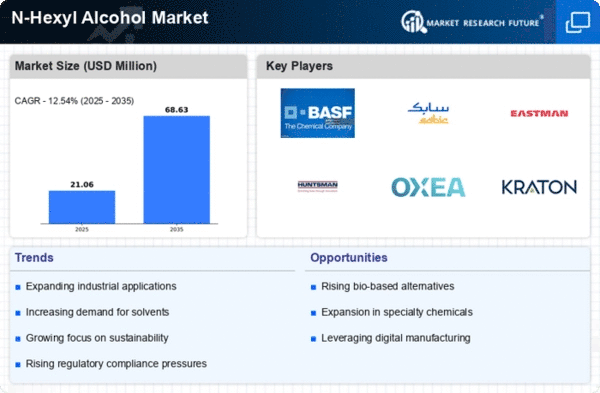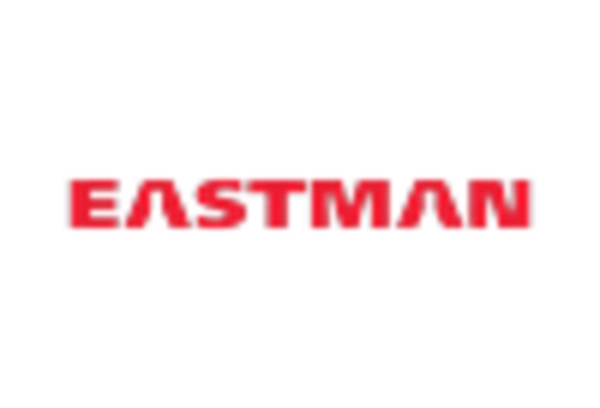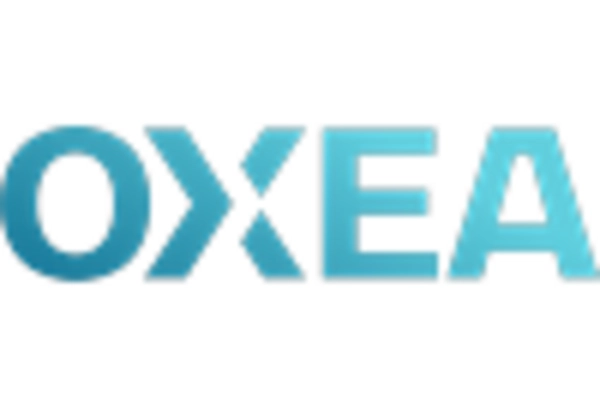Market Analysis
In-depth Analysis of N-Hexyl Alcohol Market Industry Landscape
The market dynamics of N-Hexyl Alcohol, a versatile chemical compound, are influenced by several key factors. Primarily used in the production of fragrances, flavorings, and as a solvent in various industries, its demand is closely tied to these sectors' performance. The fragrance industry, in particular, significantly impacts the N-Hexyl Alcohol market. As consumer preferences evolve and new scent trends emerge, the demand for this alcohol fluctuates accordingly. The market is also influenced by the pharmaceutical and cosmetic sectors, where N-Hexyl Alcohol finds use in formulations like ointments and lotions.
Supply dynamics play a crucial role as well. N-Hexyl Alcohol is derived mainly from petrochemical sources or through the hydrogenation of esters. Any fluctuations in the availability or pricing of raw materials affect its production cost and subsequently influence market prices. Additionally, technological advancements in manufacturing processes impact the supply side, potentially affecting market dynamics by altering production capacities or cost structures.
Global economic conditions contribute significantly to the market dynamics of N-Hexyl Alcohol. Economic growth or recession influences consumer spending patterns, directly impacting the demand for products that use this compound. Furthermore, international trade policies and geopolitical tensions can affect the availability of raw materials or the ease of exporting and importing N-Hexyl Alcohol, leading to market fluctuations.
Regulatory factors also exert a substantial influence on the N-Hexyl Alcohol market dynamics. Stringent environmental regulations and increasing focus on sustainability drive the demand for eco-friendly substitutes or production methods. Compliance with these regulations often necessitates modifications in manufacturing processes, affecting costs and market dynamics.
Competitive landscape and market players further shape the dynamics of the N-Hexyl Alcohol market. The presence of key manufacturers, their production capacities, distribution networks, and technological advancements determine market competitiveness. Mergers, acquisitions, and partnerships among companies can alter market dynamics, affecting pricing strategies and product availability.
Consumer preferences and evolving trends also drive the market dynamics of N-Hexyl Alcohol. As awareness of environmentally friendly products grows, there's an increasing demand for bio-based alternatives to conventional N-Hexyl Alcohol. Additionally, changing consumer preferences for natural and organic ingredients in personal care and cosmetic products impact the demand for this compound.
The COVID-19 pandemic significantly influenced the N-Hexyl Alcohol market dynamics. Disruptions in global supply chains, shifts in consumer behavior, and fluctuations in raw material prices due to pandemic-related restrictions had a notable impact. The demand for N-Hexyl Alcohol in sanitizers surged during the pandemic, highlighting its versatile applications and the market's responsiveness to evolving needs.
Looking ahead, factors such as technological innovations, sustainability initiatives, regulatory changes, and economic conditions will continue to shape the market dynamics of N-Hexyl Alcohol. Adapting to these changes and aligning with evolving consumer preferences will be crucial for market players to thrive in this dynamic landscape.



















Leave a Comment